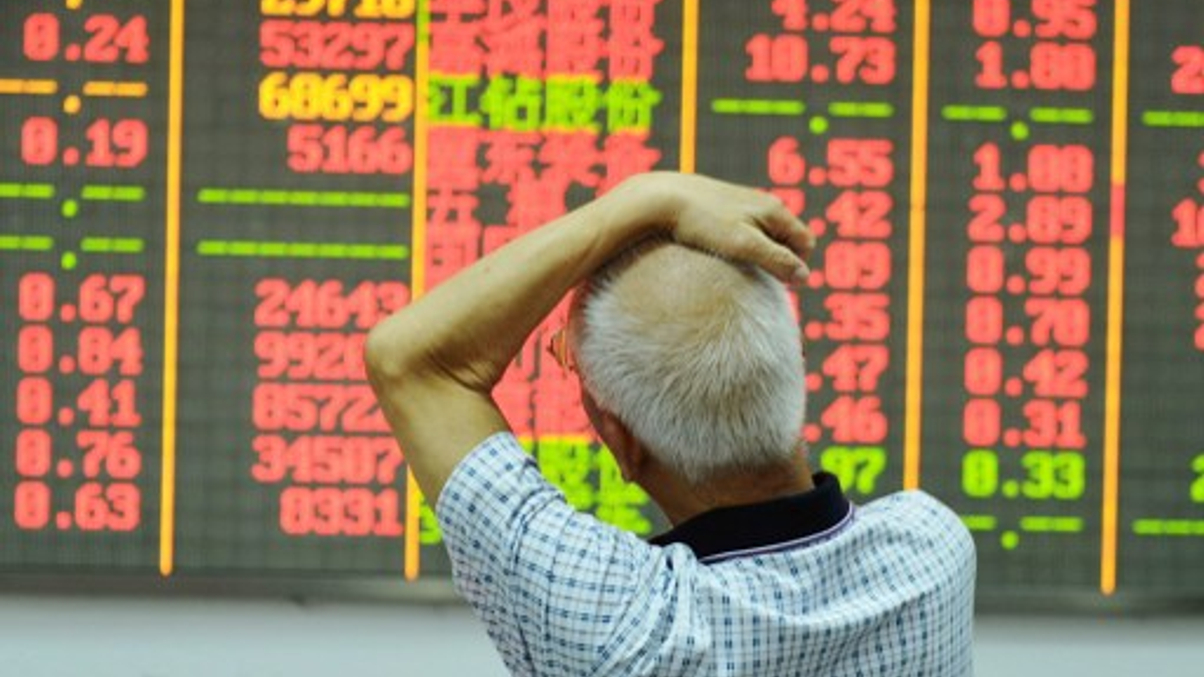Volatile shares seen as greatest threat to China outlook
Investors see A-share price volatility as the biggest threat to China’s near-term economic outlook, according to a recent poll. It comes as Shanghai's benchmark suffers its biggest one-day decline since 2007.

Equity market price volatility is the greatest threat to China’s near-term economic outlook, according to a recent survey.
Sign in to read on!
Registered users get 2 free articles in 30 days.
Subscribers have full unlimited access to AsianInvestor
Not signed up? New users get 2 free articles per month, plus a 7-day unlimited free trial.
¬ Haymarket Media Limited. All rights reserved.


